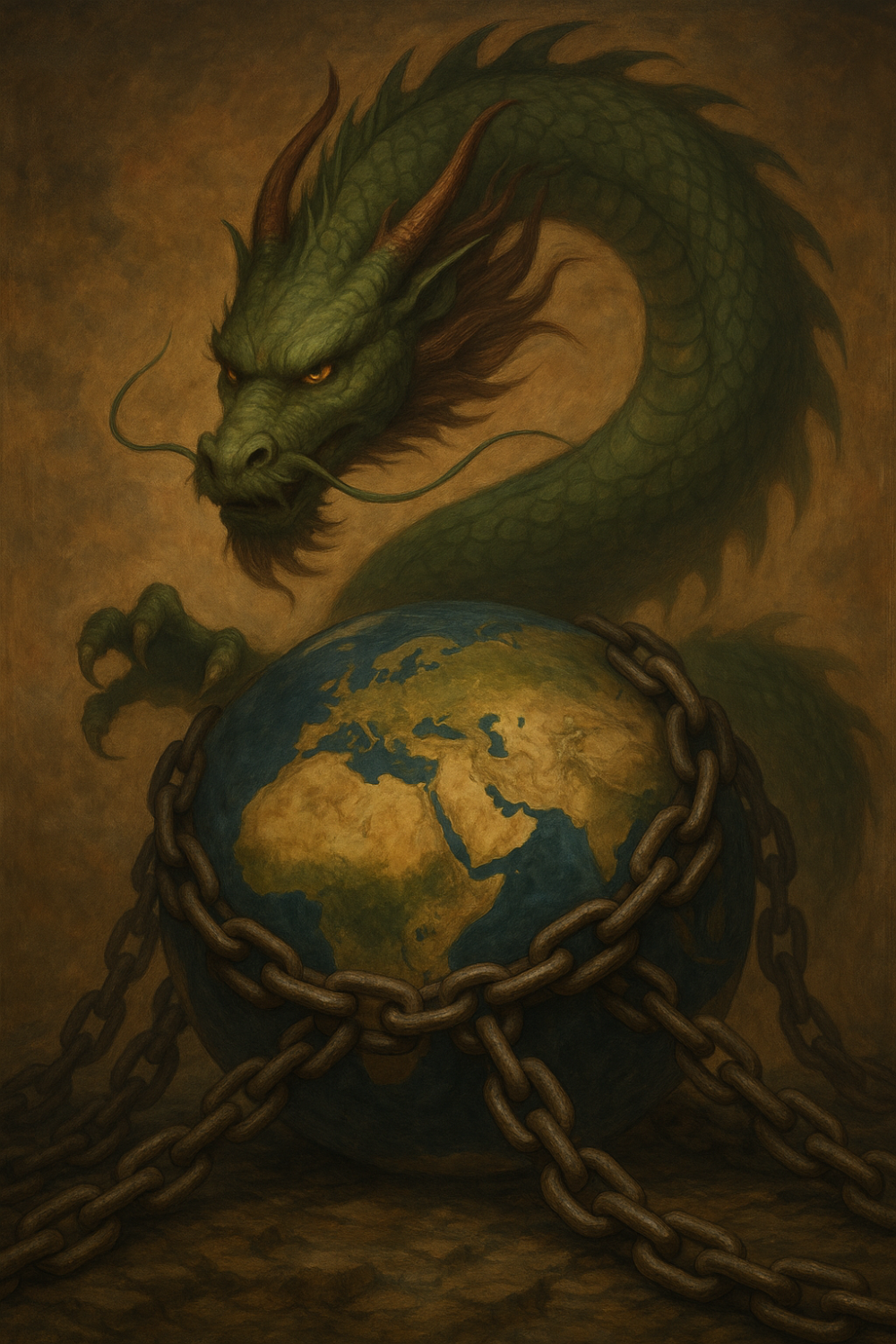
Beijing: A startling revelation has cast renewed global attention on China’s ambitious Belt and Road Initiative (BRI), with reports indicating that at least 75 of the world’s poorest countries are deeply trapped in debt as a result of extensive Chinese loans. These nations now face mounting pressure from Beijing to repay billions of dollars, raising alarm over the true cost and intent behind China’s global infrastructure strategy.
Launched in 2013, the BRI was promoted as a means to build connectivity and foster development through infrastructure projects across Asia, Africa, and parts of Europe. However, a new investigation reveals that the financial burden of these projects has grown so massive that many recipient countries are unable to meet their repayment obligations.
According to recent findings, several of these nations have diverted vital public funds toward debt servicing, leading to budgetary crises, halted social programs, and rising public unrest. Some governments have even been forced to hand over control of strategic assets, such as ports and power stations, to Chinese firms.
Critics argue that the BRI has morphed into a geopolitical tool for economic coercion. By extending high-interest loans with stringent conditions, China allegedly locks developing nations into a cycle of dependency, weakening their economic sovereignty. The term “debt-trap diplomacy” has resurfaced, with experts pointing to countries like Sri Lanka, Zambia, and Pakistan as cautionary examples.
In response, Chinese officials maintain that the BRI fosters mutual development and deny any strategic manipulation. They claim that repayment difficulties are primarily due to global economic volatility and mismanagement by host nations.
Nonetheless, the growing number of countries struggling under BRI-related debt is intensifying calls for greater transparency, independent oversight of BRI contracts, and international support for debt restructuring. Analysts warn that unless systemic reforms are introduced, the initiative may trigger a cascade of financial instability across the developing world—ironically, the very regions it pledged to uplift.
As the BRI enters its second decade, this latest revelation could reshape global opinion, influence foreign policy decisions, and challenge China’s role as a development partner in the Global South.